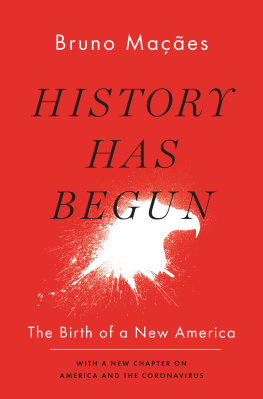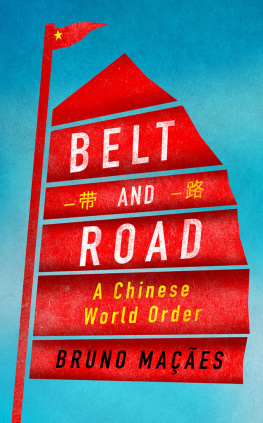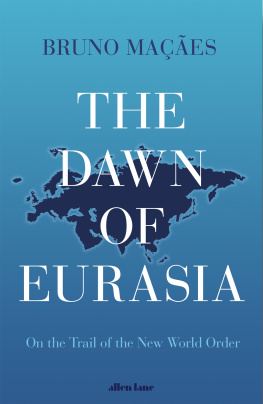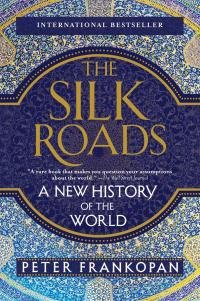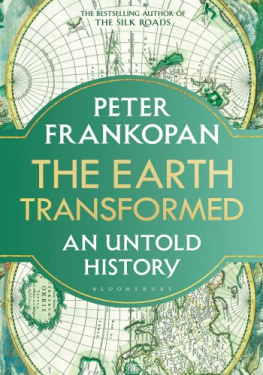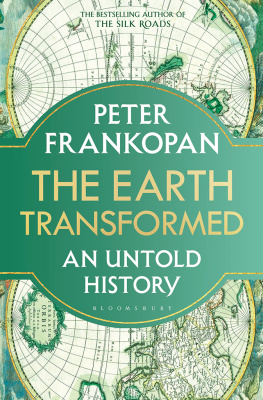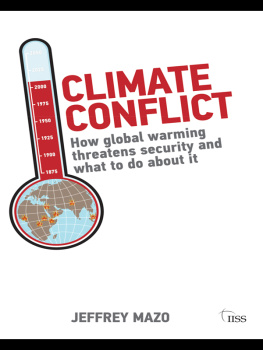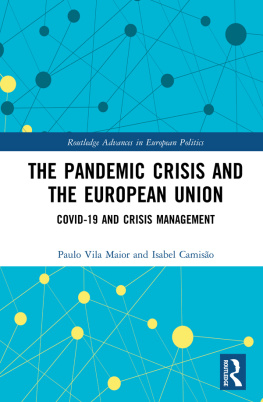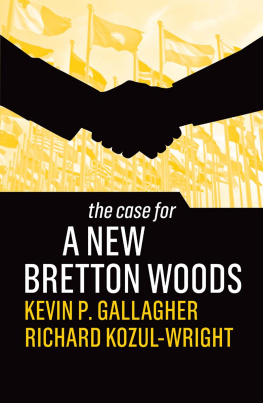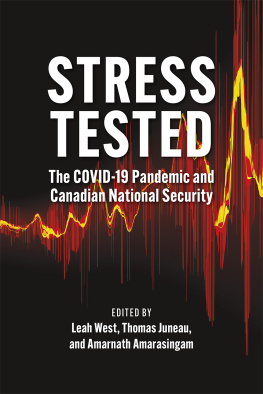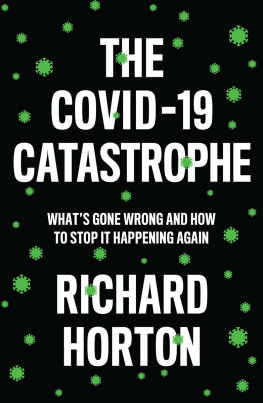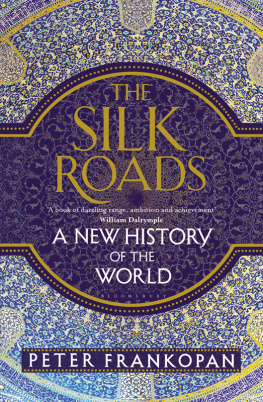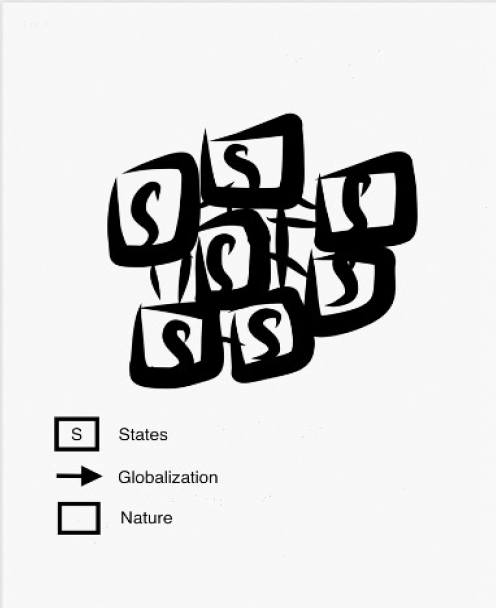Contents
Page List
Guide
Provocative and original.
Gideon Rachman, Chief Foreign Affairs Correspondent, Financial Times
Endlessly inventive, restlessly cosmopolitan, Bruno Maes has written an essential book with which to think about the Covid crisis and its implications for our future.
Adam Tooze, historian and author of Crashed: How A Decade of Financial Crises Changed The World
With typical panache, Maes sets out the story of what went wrong when Covid-19 spread around the worldand why. Gripping, terrifying and revealing in equal measures.
Peter Frankopan, author of The Silk Roads: A New History of the World
An important book. Bruno Maes once again asks the crucial questions.
Ece Temelkuran, journalist, novelist, political commentator and author of How to Lose a Country: The 7 Steps from Democracy to Dictatorship
2020 was the true start of the twenty-first century, marking the death of an old world, and a recognition that new ideas in culture, politics, science and technology have become possible. Maes does an excellent job of taking us through some core themes of the world to come.
Vitalik Buterin, founder of Ethereum and Bitcoin Magazine
GEOPOLITICS FOR THE END TIME
BRUNO MAES
Geopolitics for the End Time
From the Pandemic to the Climate Crisis

HURST & COMPANY, LONDON
First published in the United Kingdom in 2021 by
C. Hurst & Co. (Publishers) Ltd.,
83 Torbay Road, London, NW6 7DT
Bruno Maes, 2021
All rights reserved.
The right of Bruno Maes to be identified as the author of this publication is asserted by him in accordance with the Copyright, Designs and Patents Act, 1988.
The quote from Norbert Wieners The Human Use of Human Beings (Garden City, NY: Doubleday, 1954) is reproduced with the kind permission of Penguin Random House.
A Cataloguing-in-Publication data record for this book is available from the British Library.
ISBN: 9781787385542
This book is printed using paper from registered sustainable and managed sources.
www.hurstpublishers.com
Cover image: Ludwig Meidner, Apocalyptic City,
1913 Ludwig Meidner-Archiv, Jdisches Museum der Stadt Frankfurt am Main
To the victims of the pandemic. May they be remembered.
May we have the courage to face the eventual doom of our civilization as we have the courage to face the certainty of our personal doom. The simple faith in progress is not a conviction belonging to strength, but one belonging to acquiescence and hence to weakness.
Norbert Wiener, The Human Use of Human Beings (1954)
Geopolitics
The diagram is meant as a summary of this book, and therefore as a summary in visual form of the geopolitical doctrine contained therein. The reader is encouraged to return to this page after reading the book. The diagram was minted as a non-fungible token, or NFT, and sold to an anonymous buyer in February 2021. It can be found on the Ethereum blockchain, block 11848744, where presumably it can survive the outcome of even a worldwide nuclear conflagration.
CONTENTS
1
SPACESHIP EARTH
There is something about life during the pandemic that cannot but remind me of space travel. You wake up, walk around the spaceship, connect the video messaging, go back to sleep, knowing it is still nine or twelve months to planet Trantor or planet Terminus, or the next galaxy system, where we expect to arrive
This was how it felt: leaving the world behind, retreating to some protected sphere where the whole point was to let time pass until it was once again safe to go out into the world, albeit a new or changed one. The first tragedy is that many never made it to the safety of this time machine. They were left behind and their deaths were especially grim because of the complete loneliness surrounding them. The numbers kept growing, but the numbers alone fail to explain how the pandemic became, for an age used to life, the purest representation of death. It was the deadly struggle in the emergency or high dependency units where the machines helping you breathe by forcing air into the lungs at high pressure made patients feel they were suffocating. It was the moment when they had to be intubated, knowing there was a one in two chance of never waking up again. It was the fear of becoming death not only for ourselves but for others as well. The fear of becoming the vehicle of their deaths and the fear of being left alone in our dying moments so that others might not die with us. Even when hospitals started to allow relatives to be present at the moment of death, they had to do so from a distance and while wearing full protective equipment. As one doctor put it in a moving testimonial written this year, all the Covid patients who die do so alone: There is nobody to hold their hand. Nobody to comfort them. Nobody to tell them they love them.
Even survival became a form of death. It was soon apparent that the best way to survive was to sacrifice a portion of our lives, to give up on a few months or a few years of the life we knew and loved in order to get the remainder back. It was this bargain that reminded me of space travel and the inconvenient fact that space travel, in books and movies, tends to be paid in life years, the time to make the journey from planet to planet, through dead sidereal space.
It was a common experience, bringing together most people around the world over the last two years. Some sacrificed their globe-trotting habits. Others postponed weddings or were forced to close down their small businesses. Children lost a year of school. Older people stopped meeting their grandchildren; many became victims of the pandemic before that cruel exclusion could be lifted. We stopped seeing our friends, or did so with so many rules and with so much caution that nothing felt the same. Jobs were lost and personal plans abandoned. We were all looking through glass. The largest and busiest cities in the world seemed entirely empty for long periods. Those photographs will probably endure for a century or longer as the main symbol of the pandemic. I remember reading one post on social media where a young woman asked if she could postpone entering her thirties for a year, given how the last year had been lost. It was a way to capture the experience for those who survived it. Our sense of grief now extends to all the time we are never getting back.
The experience reflects something both novel and important about our historical moment. This retreat from the world into a protected technological abode would not have been possible in the past. As we shall see later in this book, it was not possible a century ago during the great influenza pandemic known as the Spanish flu, when the tools we had available to manage our economies and societies were relatively primitive. Imagine closing all schools before a transition to remote learning became possible. Try to imagine what 2020 would have been like without Google, Amazon, Zoom, Slack or any of the other online services. As Noah Smith shows, it is a nightmarish vision. Everyone would have to use physical stores. Imagine the lines stretching around the block as impatient mask-wearing crowds stood six feet apart, waiting hours for the chance to buy some toilet paper or soap. People would have to go into their offices or else firms would have to halt operations. This was the reality for many frontline workers, of course, but large parts of the economy found a much better solution and fared much better. Those economists who have argued that the value of digital technology has not shown up in economic growth figures were blinded by normal times. Sometimes technology works as an insurance policy and we have to measure its impact against the state of the world during an emergency.


